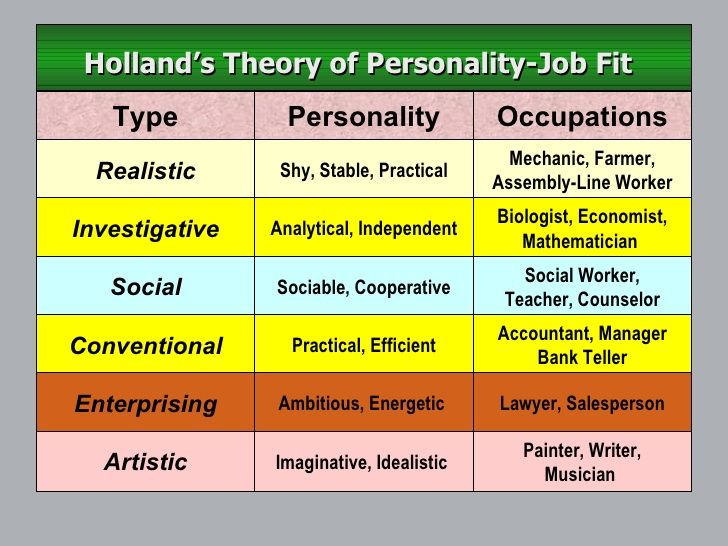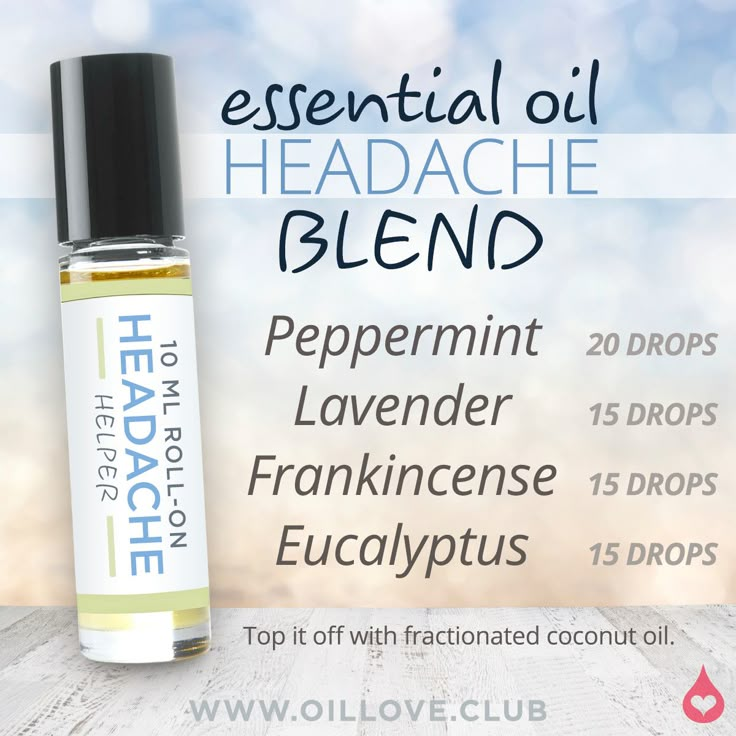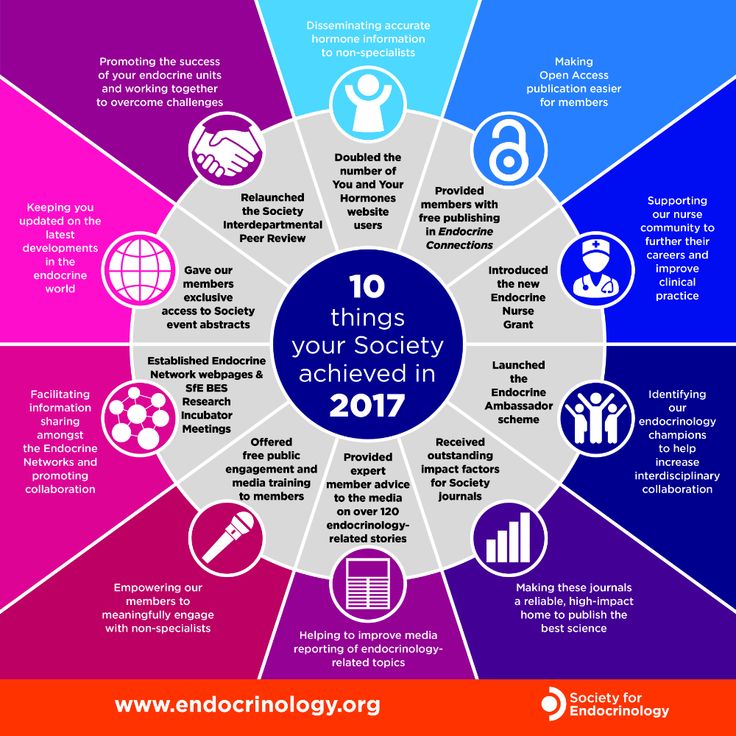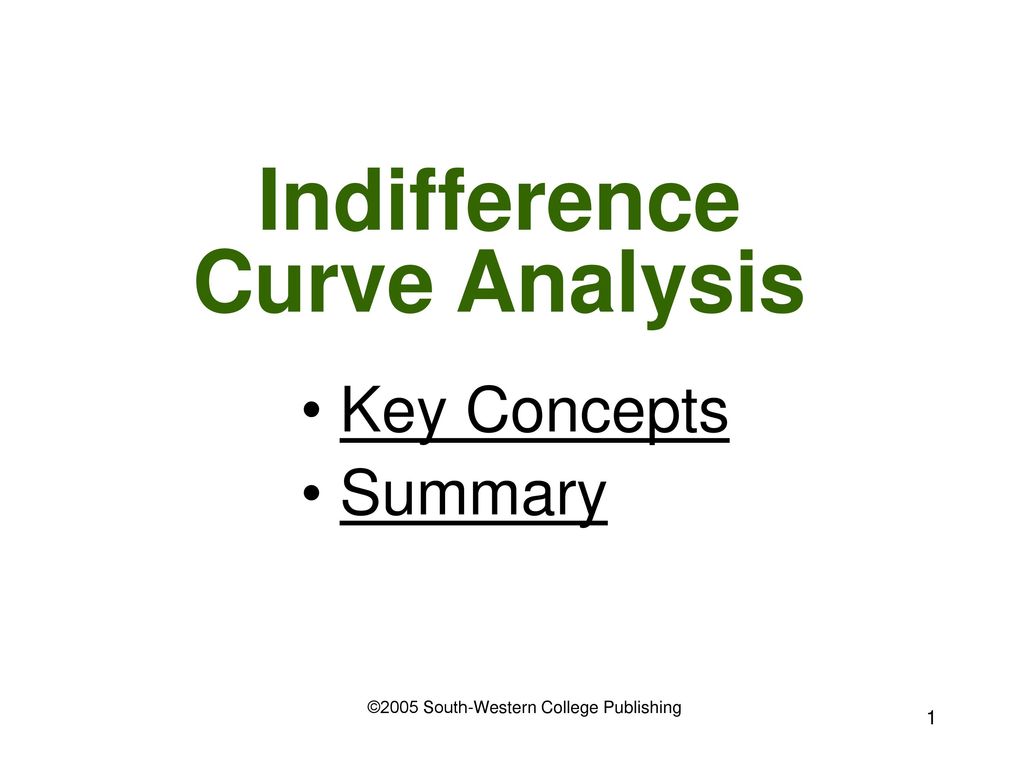Positive thoughts and health
The Power of Positive Thinking
Here’s heartwarming news: People with a family history of heart disease who also had a positive outlook were one-third less likely to have a heart attack or other cardiovascular event within five to 25 years than those with a more negative outlook.
That’s the finding from Johns Hopkins expert Lisa R. Yanek, M.P.H., and her colleagues. The finding held even in people with family history who had the most risk factors for coronary artery disease, and positive people from the general population were 13 percent less likely than their negative counterparts to have a heart attack or other coronary event.
Yanek and her team determined “positive” versus “negative” outlook using a survey tool that assesses a person’s cheerfulness, energy level, anxiety levels and satisfaction with health and overall life. But you don’t need a survey to assess your own positivity, says Yanek. “I think people tend to know how they are.”
Hope and Your Heart
The mechanism for the connection between health and positivity remains murky, but researchers suspect that people who are more positive may be better protected against the inflammatory damage of stress. Another possibility is that hope and positivity help people make better health and life decisions and focus more on long-term goals. Studies also find that negative emotions can weaken immune response.
What is clear, however, is that there is definitely a strong link between “positivity” and health. Additional studies have found that a positive attitude improves outcomes and life satisfaction across a spectrum of conditions—including traumatic brain injury, stroke and brain tumors.
Can You Boost Your Bright Side?
Although a positive personality is something we’re born with and not something we can inherently change, Yanek says, there are steps you can take to improve your outlook and reduce your risk of cardiovascular disease.
Simply smile more.
A University of Kansas study found that smiling—even fake smiling—reduces heart rate and blood pressure during stressful situations. So try a few minutes of YouTube humor therapy when you’re stomping your feet waiting in line or fuming over a work or family situation. It’s difficult not to smile while watching a favorite funny video.
It’s difficult not to smile while watching a favorite funny video.
Practice reframing.
Instead of stressing about a traffic jam, for instance, appreciate the fact that you can afford a car and get to spend a few extra minutes listening to music or the news, accepting that there is absolutely nothing you can do about the traffic.
Build resiliency.
Resiliency is the ability to adapt to stressful and/or negative situations and losses. Experts recommend these key ways to build yours:
- Maintain good relationships with family and friends.
- Accept that change is a part of life.
- Take action on problems rather than just hoping they disappear or waiting for them to resolve themselves.
Definitions
Cardiovascular (car-dee-oh-vas-cue-ler) disease
: Problems of the heart or blood vessels, often caused by atherosclerosis—the build-up of fat deposits in artery walls—and by high blood pressure, which can weaken blood vessels, encourage atherosclerosis and make arteries stiff. Heart valve disorders, heart failure and off-beat heart rhythms (called arrhythmias) are also types of cardiovascular disease.
Heart valve disorders, heart failure and off-beat heart rhythms (called arrhythmias) are also types of cardiovascular disease.
Immune response: How your immune system recognizes and defends itself against bacteria, viruses, toxins and other harmful substances. A response can include anything from coughing and sneezing to an increase in white blood cells, which attack foreign substances.
What It Is and How to Do It
Written by Alison Sherwood
In this Article
- The Benefits of Positive Thinking
- What Pessimists Should Know
- First, Nix the Negative
- How to Practice Positive Thinking
Positive thinking, or an optimistic attitude, is the practice of focusing on the good in any given situation. It can have a big impact on your physical and mental health. That doesn't mean you ignore reality or make light of problems. It simply means you approach the good and the bad in life with the expectation that things will go well.
The Benefits of Positive Thinking
Many studies have looked at the role of optimism and positive thinking in mental and physical health. It’s not always clear which comes first: the mindset or these benefits. But there is no downside to staying upbeat.
Some physical benefits may include:
- Longer life span
- Lower chance of having a heart attack
- Better physical health
- Greater resistance to illness such as the common cold
- Lower blood pressure
- Better stress management
- Better pain tolerance
The mental benefits may include:
- More creativity
- Greater problem-solving skill
- Clearer thinking
- Better mood
- Better coping skills
- Less depression
When people in one study were exposed to the flu and common cold, those with a positive outlook were less likely to get sick and reported fewer symptoms.
During another study, women who were more optimistic were less likely to die from cancer, heart disease, stroke, respiratory disease, and infection.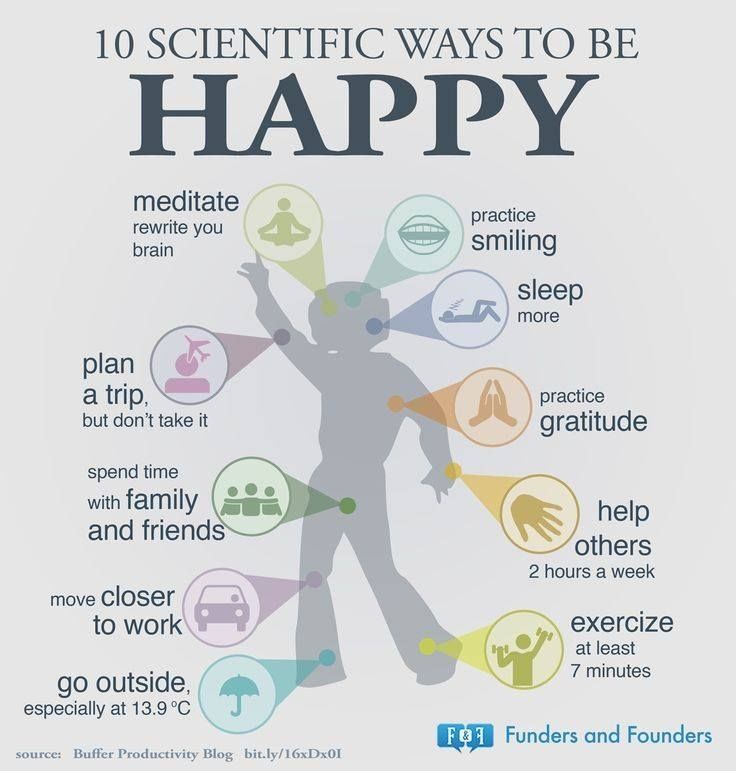
And in a study of people over the age of 50, those who had more positive thoughts about aging lived longer. They also had less stress-related inflammation, which shows one possible link between their thoughts and health.
People with a positive outlook may be more likely to live a healthy lifestyle since they have a more hopeful view of the future. But researchers took that into account, and the results still held.
What Pessimists Should Know
That all sounds great, right? But what if you’re naturally more pessimistic, meaning that you tend to expect the worst? No worries. It may help to see this positive thinking as a skill you can learn and benefit from, rather than a personality trait you either have or you don’t.
There’s research on this, too. In one experiment, adults who meditated daily on positive thoughts started feeling more upbeat emotions each day.
Other studies have shown that positive thinking helps people manage illness and eases depression, regardless of whether they are naturally optimistic or pessimistic.
First, Nix the Negative
Before you put positive thinking into practice, look for any negative thoughts that may be running through your mind. These include:
A bad filter. Do you overlook the good things about a situation and get wrapped up in the negatives? For example, you enjoy a fun dinner out with friends, but the restaurant gets your bill wrong at the end of the night. You leave feeling annoyed and frustrated, forgetting about the good time you had.
Taking the blame. Do you tend to take on the blame for something bad or disappointing that happens? For example, a friend declines an invitation from you, so you assume it’s because they don’t want to spend time with you.
Predicting disaster. This means you have one setback and then expect the worst to happen. For example, your car won’t start in the morning, so you think the rest of your day is destined to be doomed.
Black-and-white thinking. Do you see things as either good or bad, with no middle ground? In this mindset, if things aren’t perfect, they’re automatically bad.
Do you see things as either good or bad, with no middle ground? In this mindset, if things aren’t perfect, they’re automatically bad.
When you notice a negative thought, try to stop it and shift your focus to the positive. Think rationally about the situation. If it helps you to let go, you can give yourself and those around you grace. (You can still hold them accountable for their actions.)
Your negative thoughts won’t go away overnight. But with practice, you can train yourself to have a more positive outlook. Remember, you aren’t overlooking the facts. You’re just including those that are good.
How to Practice Positive Thinking
Once you have a handle on negative thinking, it’s time to play up the positive. Try these ways to do that:
Smile more. In a study, people who smiled (or even fake-smiled) while doing a stressful task felt more positive afterward than those who wore a neutral expression. You’ll benefit more if the smile is genuine, though. So look for humor and spend time with people or things that make you laugh.
So look for humor and spend time with people or things that make you laugh.
Reframe your situation. When something bad happens that’s out of your control, instead of getting upset, try to appreciate the good parts of the situation. For example, instead of stressing about a traffic jam, recall how convenient it is to have a car. Use the time that you’re stuck behind the wheel to listen to music or a program you enjoy.
Keep a gratitude journal. This may sound cheesy, but when you sit down each day or week to write down the things you’re thankful for, you’re forced to pay attention to the good in your life. A study found that people who kept gratitude journals felt more thankful, positive, and optimistic about the future. They also slept better.
Picture your best possible future. Think in detail about a bright vision for your future -- career, relationships, health, hobbies -- and write it down. When you imagine your life going well, research suggests, you’ll be happier in the present.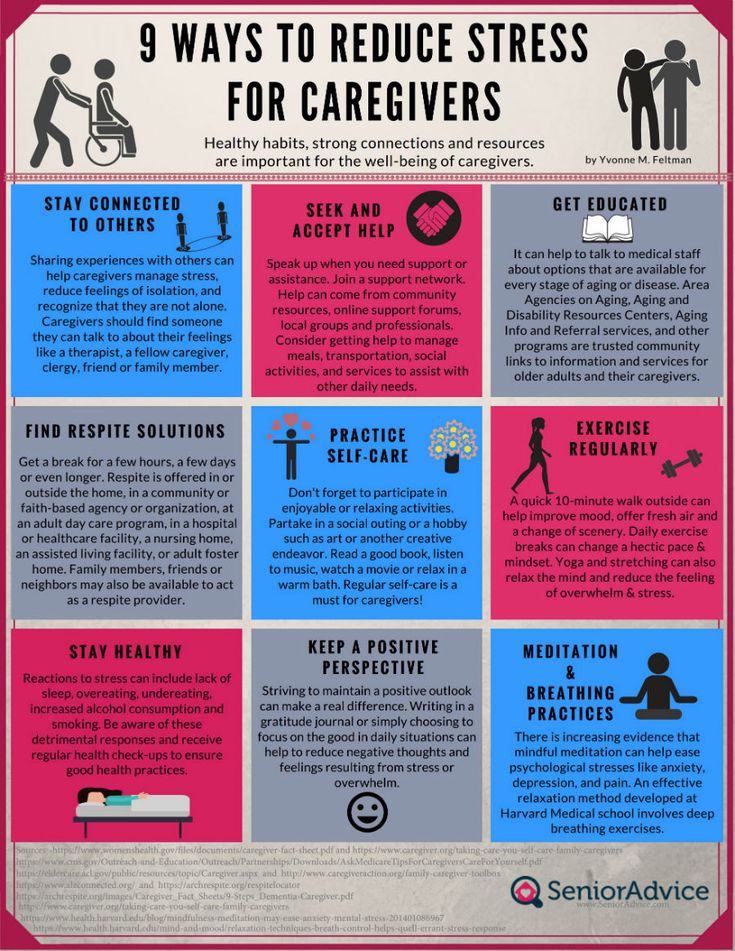
Focus on your strengths. Each day for a week, think about one of your personal strengths, like kindness, organization, discipline, or creativity. Write down how you plan to use that strength in new ways that day. Then, act on it. People in a study who did that boosted their happiness and lowered their symptoms of depression at the end of the week. Six months later, those benefits were still going strong.
With practice, you can add more positive thoughts to your life and enjoy the benefits that come with optimism.
Positive thinking is the right path to health
Positive thinking is the most effective action to improve the psycho-emotional state of a person. After all, our positive thoughts make us feel good, which leads to better health, increased motivation, and overall happiness. On the contrary, negative thoughts lead to the disappearance of motivation and numerous stresses and depressions. And stress and depression can lead to serious health problems.
With negativism, a person ignores and denies the positive part of his life. In other words, a person has no desire to change for the better, to become better and kinder.
Most people have resigned themselves to hopelessness and hopelessness. For some, the reason is numerous disappointments, for some it is severe pain. And the result is only one - unwillingness to look at your life from the other side.
The human psyche is arranged in such a way that it reacts more strongly to negative stimuli than to positive ones. Therefore, he thinks negatively more often than positively. Therefore, it is very important to accustom yourself to a positive attitude and thinking. It is important to get rid of negative thoughts and selfish attitudes, to ensure that positive thoughts always prevail over negative ones. To do this, you need to change your thoughts and beliefs in a positive direction, start smiling and rejoice.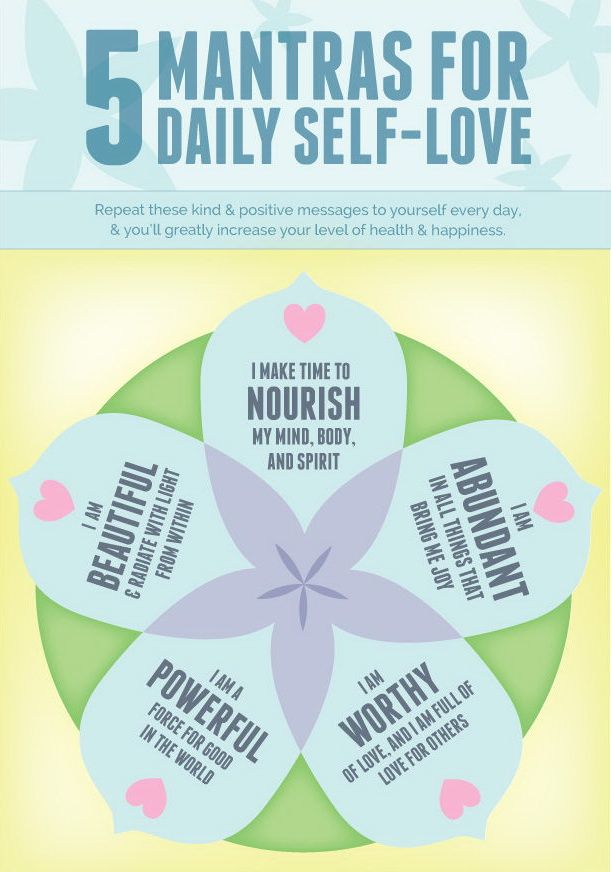 Start thinking positively.
Start thinking positively.
Positive thinking will help you live a long, happy life. But even if you are an optimist, there are times in your life when it takes extra effort to evaluate your life positively. Here are some tips to use the power of positive thinking in your daily life:
-
Expect the best from yourself, your health and life in general. As soon as you begin to speak negatively about yourself or portend a negative outcome of events, stop. Direct your thoughts in a positive direction, say them out loud or write them down. This type of thinking will help you recover quickly from surgery, illness, and other life troubles.
-
Be open to humor, life and love. Find additional reasons to laugh and spend more time with people you like.
-
Turn to higher powers if you believe in them. Whether it's faith in a loving, all-powerful God, connection to nature, or the collective subconscious, your spiritual health will help you get through personal hardships and bring joy into your life.

It is positive thinking that is the right path to excellent health. And the best time to use positive thinking is when you are still healthy. That is, always remind yourself of how good you feel, direct your thinking to praise the work of all internal organs, be proud of your toned skin and the absence of extra pounds.
However, when the disease has already arrived, it is all the more not worth getting sour.
Use the main rules of positive thinking:
— regularly repeat the words “I am healthy!” to yourself;
— imagine how the sore spot gradually heals, the body rejuvenates, and the disease recedes - this is one of the most important rules on the way to health;
- believe in recovery;
- smile and laugh more often;
- never tell everyone about your painful feelings simply because there is nothing more to tell;
- do what you love: whatever it is, watch movies with a happy ending, read books, knit, eat your favorite foods, listen to music, and so on;
- do not feel sorry for yourself and do not complain to others;
- understand that all thoughts materialize, so think only about the good;
- imagine what you will do when you recover and return to normal life;
— eat as many vegetables and fruits as possible, while imagining how they positively affect your body;
- and the most important rule: never say “I feel bad!”, “I will never get out of bed!”, “I can’t do anything!”, “I’m sick!” and so on.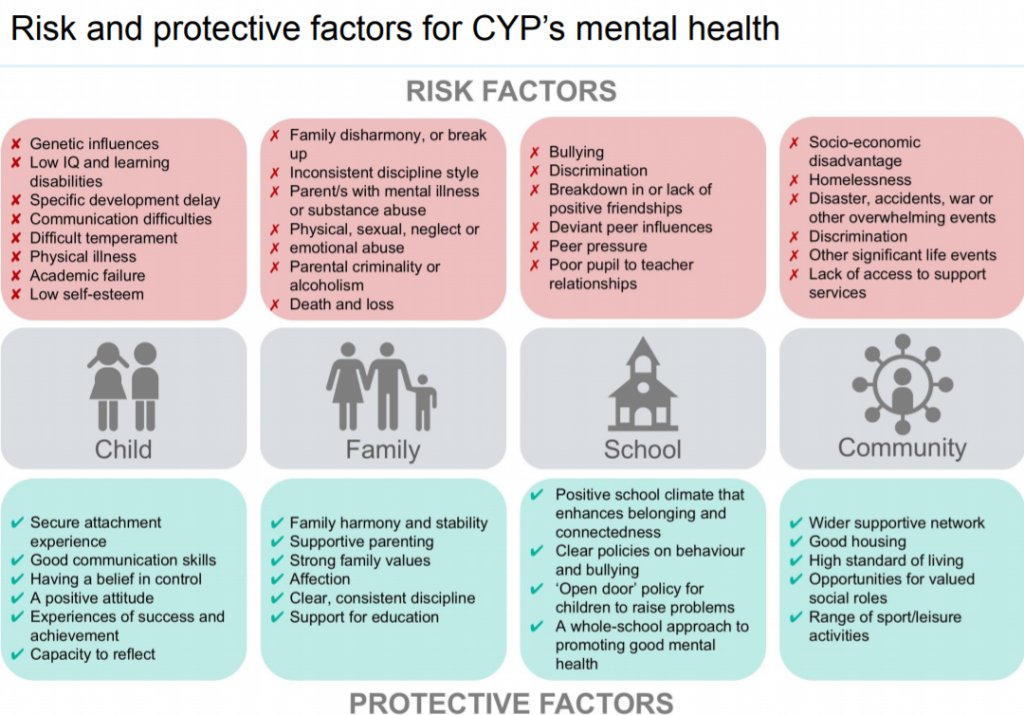
You must think only positively in order to regain your health. What we have in our head is what we get in the end.
Do you want to be healthy? Then think only of the good.
Think positive. More optimism! Life is much more pleasant when you feel happy and positive, so smile more often and rejoice!
Larisa DANILOVICH, psychologist, State Educational Institution "Kostyukovichi District Center for Correctional Development
How positive thinking improves life
August 18, 2014Life
The fundamental difference between the impact of positive and negative thoughts on the brain predetermines a person's future life. How? The answer is given by many years of research by psychologists.
Share
0 Can positive thoughts affect us with more than just a smile on our face? Yes.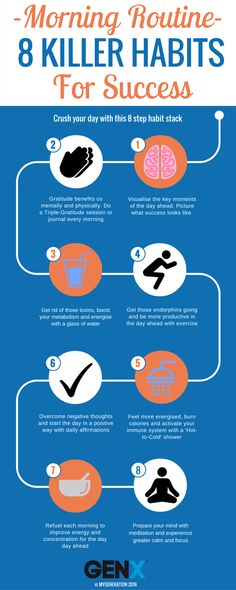 Barbara Fredrickson, Ph.D. from Stanford University, is convinced of this. Fredrickson is one of the world's leading scientists studying social psychology. Her works were widely disseminated and were awarded honorary awards. In her 20 years of scientific activity, Barbara has conducted a number of studies aimed at studying the influence of emotions on a person's life in the future. What conclusions did she come to? Let's find out.
Barbara Fredrickson, Ph.D. from Stanford University, is convinced of this. Fredrickson is one of the world's leading scientists studying social psychology. Her works were widely disseminated and were awarded honorary awards. In her 20 years of scientific activity, Barbara has conducted a number of studies aimed at studying the influence of emotions on a person's life in the future. What conclusions did she come to? Let's find out.
How negative thoughts affect the brain
Let's imagine that you are walking through the woods and suddenly meet a wolf on your way. In such a situation, your brain registers a negative emotion - fear.
Scientists have long known that negative emotions program convolutions to perform certain actions. For example, when crossing with a wolf, you start to run away from him. The rest of the world ceases to exist. You focus solely on the beast, the fear, and the desire to get away as soon as possible.
Photo: jay / Photogenica In other words, negative emotions narrow thinking and limit thoughts.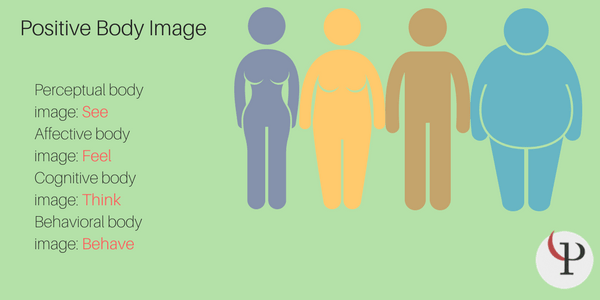 Looking objectively at the situation, you could try to climb a tree or defend yourself with a stick, but the brain ignores the options available. There is no other way out for convolutions when the eyes of a predator are looking at you.
Looking objectively at the situation, you could try to climb a tree or defend yourself with a stick, but the brain ignores the options available. There is no other way out for convolutions when the eyes of a predator are looking at you.
Of course, millions of years ago, the instinct of self-preservation laid down in our ancestors helped them survive and procreate. But in our modern society, there is no need to worry about an unexpected encounter with a dangerous piece of wildlife. The problem is that your brain is still programmed to respond to negative emotions in the same way - by disconnecting from the outside world and rejecting alternative courses of action.
Why are composure and the ability to restrain one's emotions the most important qualities of a good boxer? Because anger and emotions in battle narrow down mental abilities and prevent tactical thinking. Looking at your to-do list for the day, find it not very realistic and can't get started? Yes, you have been paralyzed by the horror of contemplating a long list of tasks. Do you feel bad about not taking care of your health? Now all your thoughts come down to how weak, lazy and loafers you are.
Do you feel bad about not taking care of your health? Now all your thoughts come down to how weak, lazy and loafers you are.
In every similar situation, the brain closes off from the outside world and concentrates on negative emotions: fear, anger or stress. Negative emotions keep your head from looking around for the alternatives and opportunities that surround you. It's just a survival instinct.
How positive thoughts affect the brain
Fredrickson studied the effects of positive thoughts on the brain during a small experiment. She divided her test subjects into groups of five and showed each company a different video.
The first two groups were shown clips that evoked positive emotions. Group 1 was filled with a sense of joy. The second five watched frames that create a feeling of pleasure.
The third company looked at images that were neutral in their emotional richness or did not contain significant emotions.
The last two groups “enjoyed” the video that generated negative emotions. The fourth five absorbed the feeling of fear, and the final five absorbed the feeling of anger.
The fourth five absorbed the feeling of fear, and the final five absorbed the feeling of anger.
Each participant was then asked to imagine being in a situation where such feelings might arise and to write down what they would do. Each subject was given a sheet of paper with 20 blank lines that began with the phrase "I would like to ...".
Participants who watched videos of fear and anger wrote the fewest responses. And the subjects who admired the images of joy and pleasure completed a significantly larger number of lines, even in comparison with the neutral group.
So when you experience positive emotions, such as joy, pleasure, love, you pay attention to more opportunities in your life. These findings were among the first to really prove that positive experiences increase one's sense of one's own strength and open up new possibilities of thinking.
But this is only the beginning. The most interesting influence of positive thinking comes later...
How positive thinking develops skills and abilities
The benefits of positive emotions are not limited to a few minutes of pleasant sensations. Positive impressions help to acquire skills and develop resources for use in later life.
Positive impressions help to acquire skills and develop resources for use in later life.
Consider a real example.
A child running down the street, jumping in puddles, waving a branch and playing with friends develops athletics skills (physical skills), communication skills (social skills) and the ability to discover new things and explore the world around him (creative skills). Thus, positive emotions from play and joy bring up in the child skills that will be useful throughout his life.
Photo: Deklofenak / PhotogenicaAcquired skills live much longer than the emotions that initiated them. Years later, a strong physical form can grow a real athlete, and communication skills can reveal a competent manager to the world. Happiness, which gave the base to the skills, has long passed and forgotten, but the skills themselves are not lost.
Fredrickson calls this feature the theory of expansion of boundaries and development. Because positive emotions increase a sense of one's own strength and give rise to thoughts, which in turn develops new skills that will definitely come in handy in other areas of life.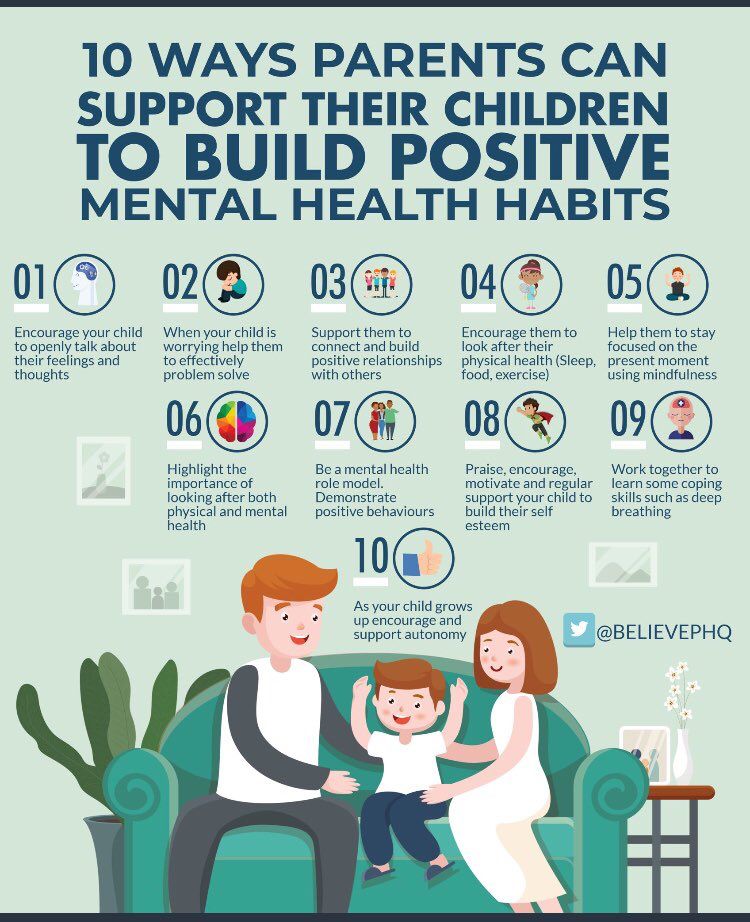
As noted earlier, negative emotions have the opposite effect. It is they that hinder the construction of new skills due to the existence of a threat or danger.
In conclusion of the above, a quite logical question arises: if positive emotions are so useful for our future, how to become positive?
How to get into positive thinking
So how do you increase the amount of positive emotions in your life and apply the theory of expansion and development on yourself?
Any spark of joy, satisfaction and love will certainly do its job. But only you know exactly what will work for you. Maybe it will be playing the guitar, taking a walk with a loved one, or carving a wooden gnome for your favorite flower garden.
Nevertheless, it is worth paying attention to some activities suitable for many earthlings.
Meditation. A recent study by Fredrickson found that daily meditators experience more positive emotions than non-meditators. As expected, meditating had a positive effect on long-term skills. For example, three months after the end of the experiment, daily meditators had increased attention and purposefulness, and their health improved.
Letter. A study published in the Journal of Research in Personality looked at two groups of 45 students. The first group wrote for three days about strong positive feelings. The other one is on a regular topic.
Three months later, the members of the first team were in a better mood, they were less likely to get sick and seek medical help. Just three days of writing about positive things affected the improvement of health.
Game. Fit team sports into your life schedule. You plan meetings, negotiations, events and various duties, putting them on your calendar, but why don't you find time for amateur sports?
Photo: chaoss / PhotogenicaWhen was the last time you experimented and discovered new things? When was the last time you planned entertainment? Is happiness less important than a Tuesday meeting?
Allow yourself to smile and enjoy the benefits of positive emotions. Plan a futsal game with your friends or a little adventure with your significant other. In this way, you will experience satisfaction and joy, as well as learn and develop new skills for yourself.
Plan a futsal game with your friends or a little adventure with your significant other. In this way, you will experience satisfaction and joy, as well as learn and develop new skills for yourself.
What comes first: happiness or success?
There is no doubt that happiness comes from achieving success. For example, winning a championship, moving to a new high-paying job, meeting a loved one will surely bring joy and satisfaction to your life. But do not mistakenly believe that happiness is ALWAYS preceded by success. Have you ever thought: “As soon as I get (achieve) something, I will immediately be in seventh heaven with happiness”? In fact, there is no need to postpone your happiness until a certain event occurs. Be happy here and now.
Happiness is both the precursor to success and its result!
The life of happy people is like an upward spiral. They enjoy everything that surrounds them. Thus, they develop themselves and their skills that help to achieve success, and success itself saturates a person with even greater joy.



